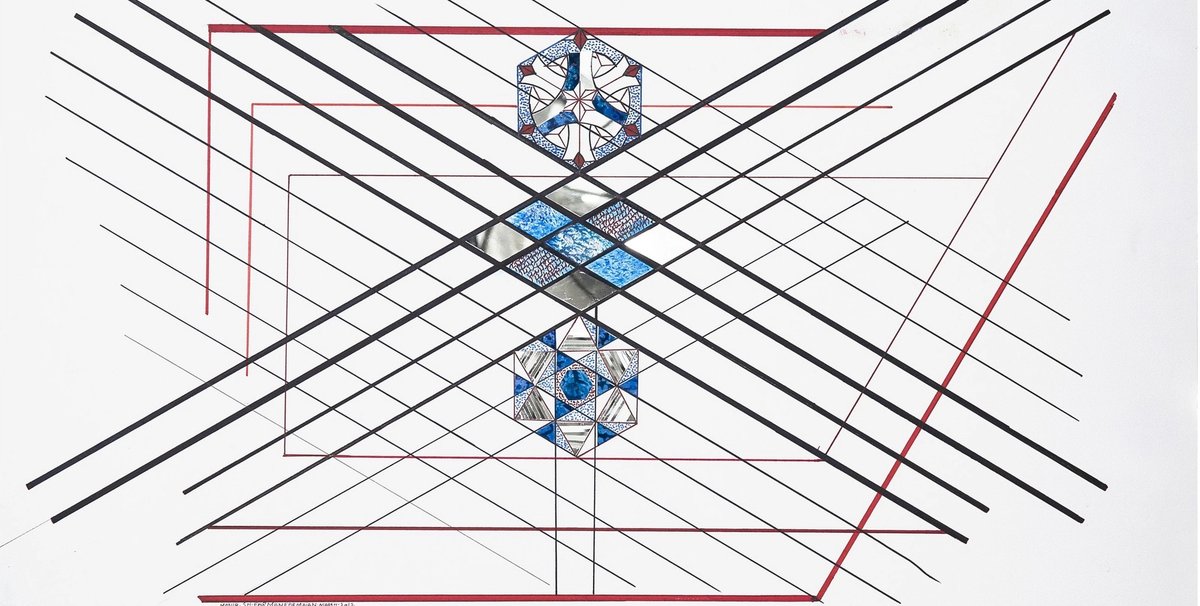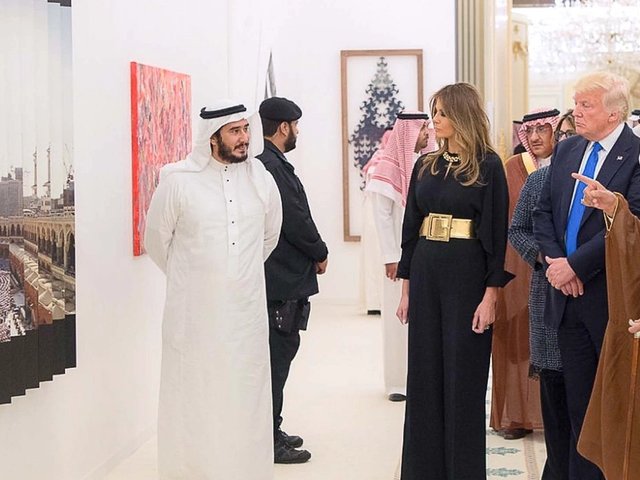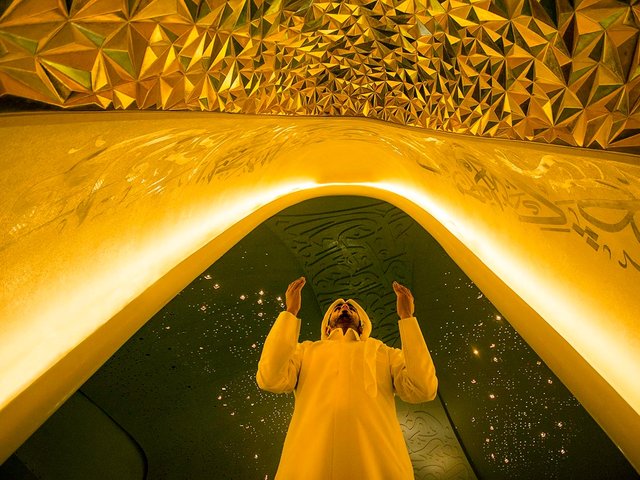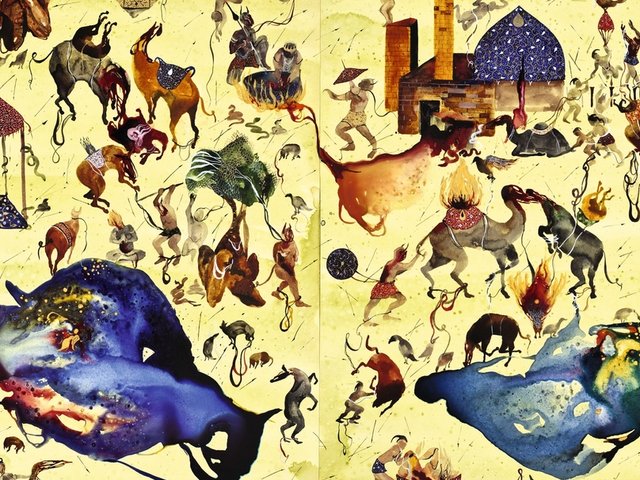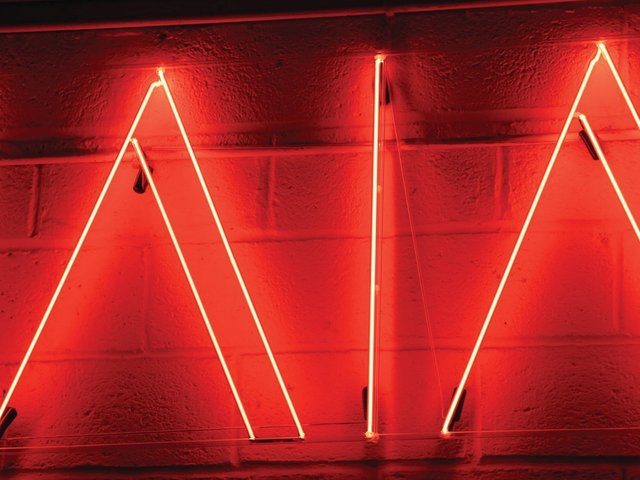The opening exhibition at the Institute of Arab and Islamic Art in New York, a new cultural space founded by the Qatari national Sheikh Mohammed Rashid Al-Thani, will include works by four female artists.
Prints and works on paper by Dana Awartani, Monir Shahroudy Farmanfarmaian, Zarina Hashmi, and Nasreen Mohamedi will feature in the show, entitled Exhibition 1, opening on 4 May in a temporary venue at 3 Howard Street in lower Manhattan. “The institute continues to search for a permanent home for its future programming,” says a project statement.
The Jeddah-born artist Awartani made waves at the 21,39 contemporary art festival in Saudi Arabia earlier this year with a sand piece recalling the decorative motifs on traditional Islamic tiles. The Iranian nonagenarian artist Farmanfarmaian is meanwhile known for her intricate, geometric mirror pieces.
The India-born artist Hashmi was the subject of a retrospective at the Hammer Museum in Los Angeles in 2012. “Hashmi’s vocabulary is minimal yet rich in associations with her life and the themes of displacement and exile,” the organisers said. The late Modern Indian artist Nasreen Mohamedi (1937-90) is in the spotlight once again after a survey of her work opened the Met Breuer—the new outpost for the Metropolitan Museum of Art’s contemporary programme—on Madison Avenue last year.
“With upbringings in Saudi Arabia, Iran, India and Pakistan, the artists in Exhibition 1 share the experience of living with Islamic architecture despite originating in vastly different places and environments and leading vastly different lives,” a statement says. “This exhibition explores these artists' relationship to geometry within their respective vocabulary.”
Shows will be held on a quarterly basis at the planned institute, which will run a residency programme and produce publications. There will also be an “emphasis on collaborations with cultural organisations around the globe,” says a statement. The new space, an independent non-profit centre supported by donors and sponsors, is not a collecting institution.
Earlier this year, Al-Thani told us: “It made absolute sense to build an institute that would not only showcase the breadth of art and culture from the Arab and Islamic worlds, but also challenge certain stereotypes and misconceptions that hinder cross-cultural understanding.”


